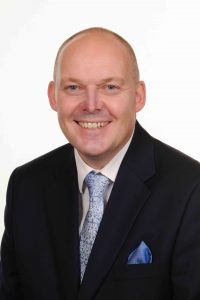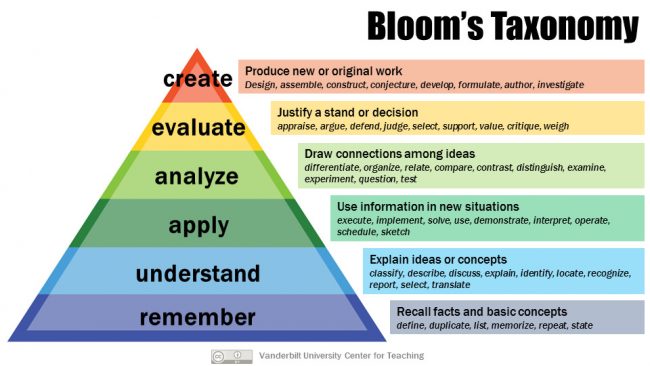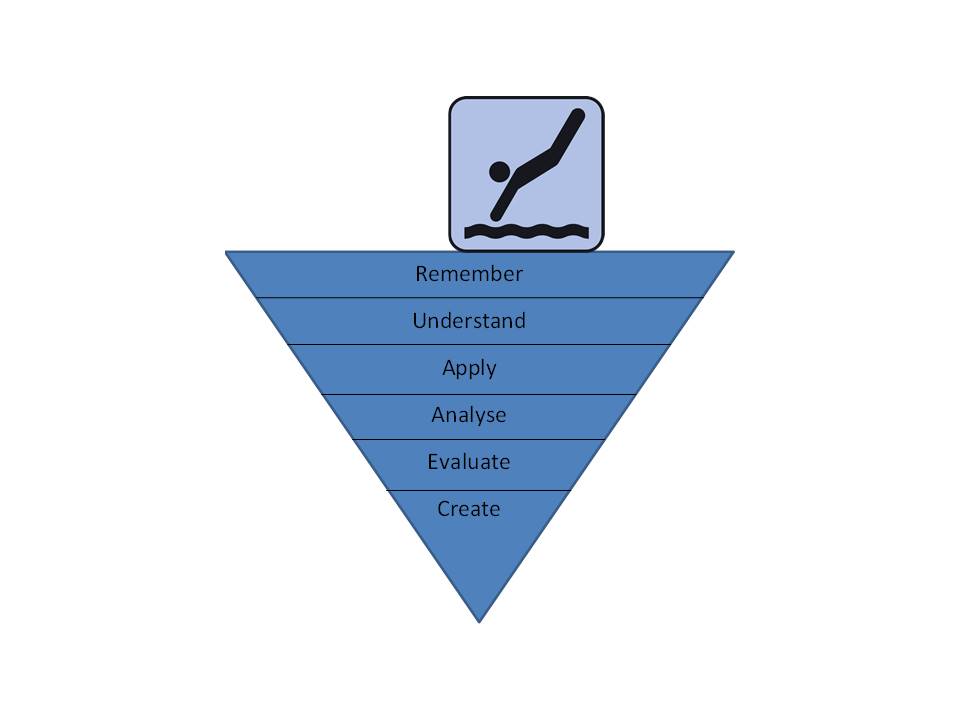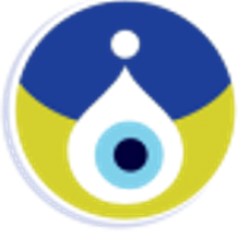
As head teacher of a school which teaches and learns through Fieldwork Education’s international Primary Curriculum (IPC), I’ve just returned from their delightfully titled, “Festival of Learning” here in London.
School leaders and school based curriculum leaders from IPC schools across the world joined together to share and further their understanding of what great learning looks like and how this can be adapted and developed by all schools to suit their context.
One of the great, and yet unusual characteristics of this conference, is that it does not rely on well known, professional and highly regarded keynote speakers to lead the voyage of discovery. Instead, it draws on the leadership expertise within individual IPC schools. This results in an enrichment of understanding within the wider leadership community, based on the principle that those leaders are sharing their current practice as well as knowledge and understanding.
Schools in England are well used to working in “clusters” to moderate children’s work. The best schools also collaborate to share resources and expertise, but how many are so outward facing that they look beyond their own locality to develop their own leaders and practice?
By developing a meaningful, solid international link, one has the opportunity not only to see how leadership is developed elsewhere, but also discover what is highly regarded by others about your own school’s and country’s leadership and practice.
The workshop which I jointly facilitated with my school’s curriculum leader was on the topic of assessment in foundation subjects through questioning. We used the New Bloom’s Taxonomy (Anderson & Krathwohl 2001) to show how by just asking different targeted questions at the end of units of work, it can be highly effective in ensuring that there is high quality differentiation and assessment in subjects outside of the usual core subjects.
We also addressed the latest buzzword – “mastery”. I was fortunate enough to recently meet and listen to Professor John Hattie. He articulated the simple fact that “no one can reach the depths without breaking the surface” and that each type of question and each phase of the learning journey was equally important.
This was a “light bulb” moment for me, as often there can be a temptation for teachers and learners to rush the process in a desire to achieve the title of “mastered”. On sharing this with delegates, I could see the lights switching on for them also.
The Bloom Taxonomy is usually portrayed as a pyramid (see below), but how different would it be if mastery was considered as a pool to be dived into rather than something difficult to build and cumbersome to climb? (see my diagram also below)


So shall we look at mastery differently? Shall we consider leadership differently? The two images and subsequent challenges couldn’t be more different.
I’ll leave you with some questions:
How do you look for expertise to develop leadership in your school?
Do you look beyond your local community? If not, how could you do so?
What is excellent about your own leadership and practice that you should promote and share?
What does mastery look like in your school; a pyramid to be scaled or a pool in which to dive and swim freely to the depths?
Simon Jackson

